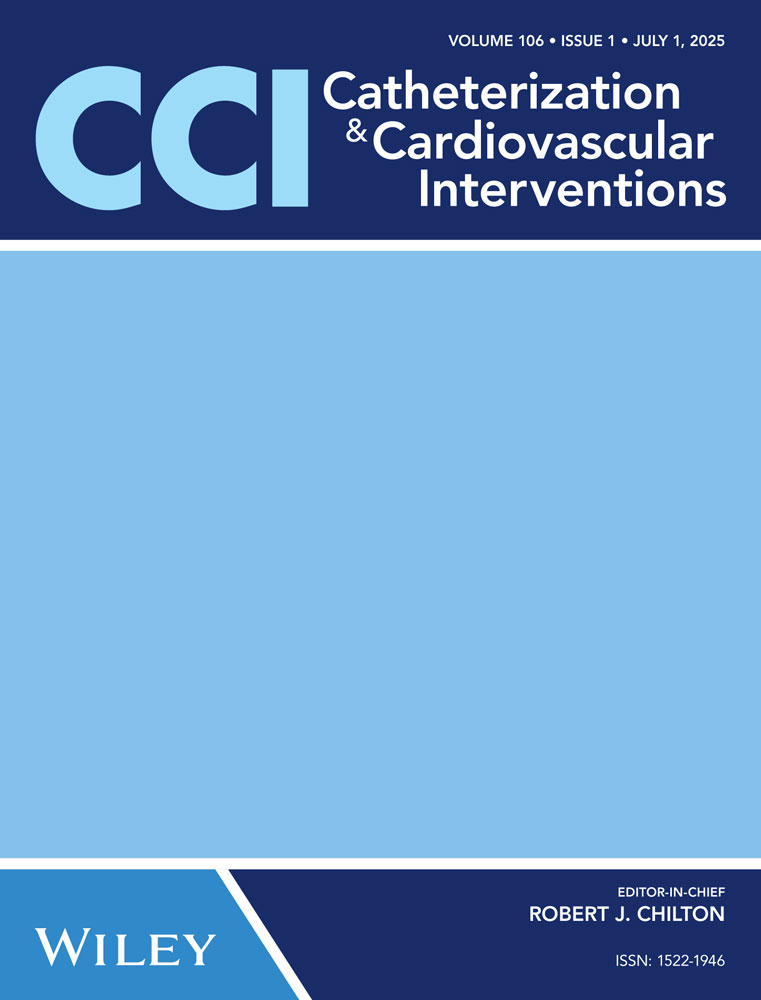Prospective Evaluation of Treatment Strategies in Patients Presenting With Chronic Total Occlusion: The PETS-CTO Registry
ABSTRACT
Background
The management of patients with chronic total occlusion (CTO) poses a persistent challenge, necessitating a tailored treatment strategy.
Aims
This study aimed to investigate the intricate interplay between treatment selection, ischemia burden reduction, and symptom relief in patients with isolated CTO lesions.
Methods
The Prospective Evaluation of Treatment Strategies in patients presenting with Chronic Total Occlusion (PETS-CTO) registry is a prospective, non-randomized study that evaluated patients at enrollment and follow-up using the Seattle Angina questionnaire (SAQ) and stress ischemia tests. Patients were allocated into three treatment arms: optimal medical therapy (OMT), percutaneous coronary intervention (C TO-PCI), or coronary artery bypass grafting (CABG). Changes in the angina symptoms and ischemic burden were the primary endpoints, while a clinical composite of death, myocardial infarction, and angina-related rehospitalization was considered as the secondary outcome.
Results
Among 157 patients, 45% were in the CTO-PCI group, 45% in the OMT group, and 10% underwent CABG. CTO-PCI group demonstrated favorable changes in summary SAQ score (12.3%, 95% CI: 3.4%−21.5%, p = 0.008) compared to OMT. CTO-PCI patients more frequently shifted from an ischemic to a nonischemic stress test at follow-up compared to OMT (60% vs. 5.6%, p < 0.001). No correlation was observed between angina scores and proven ischemia at baseline and follow-up assessments.
Conclusions
Effective management of CTO requires comprehensive evaluation, and although angina relief and ischemic burden are individually influential, our findings reveal a lack of correlation between these factors, emphasizing the complexity in guiding treatment decisions (PETS-CTO; NCT04145167).
Conflicts of Interest
Dr Carlo Zivelonghi has received consulting fees from Abbott and Boston Scientific. Dr Pierfrancesco Agostoni has received consulting fees from Abbott, Boston Scientific, Neovasc, Seven Sons, Teleflex, and Terumo. The other authors declare no conflicts of interest.




